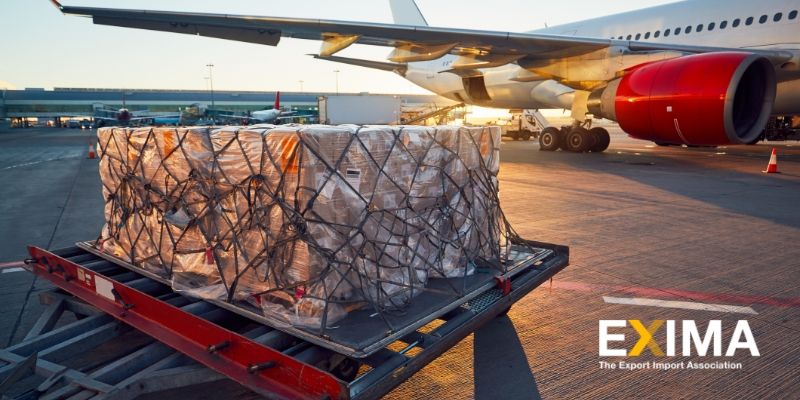In international trade relations, exporters are usually concerned about the risk of non-payment when the shipping process finishes. In case the buyer doesn’t fulfill his or her obligation, legal remedies become lengthy and expensive and even sometimes fail to produce the desired result. To avoid long and complicated procedures, it is, therefore, best to avoid being confronted with the risk of non-payment as much as possible. Here are several options:
Checking the Client’s Financial Situation and Applying for Credit Insurance
Many private organizations that specialize in financial reporting provide their clients with access to a buyer's business and financial situation. These businesses conduct analyses based on the available balance sheets and income statements. They then issue an opinion, which the customer can choose to follow or not. Some of these organizations provide their clients with international credit insurance based on the turnover of the company requesting the service, in addition to risk assessment. This credit insurance helps protect against the risk of non-payment.
But this method has limits. While it assumes that the country in which the importing company is located has a reliable information system that allows for the acquisition of reliable financial data, this is not the case in several countries in Asia and Africa. As a result, credit insurance companies avoid covering certain transactions with these countries.

Choosing the Right Payment Method
When exporters have doubts about their client’s solvency, they can ask for payment before starting the shipping process (cash before shipment). Although this is the most secure way to avoid non-payment, most buyers don’t feel comfortable agreeing to pay in advance because they are worried about non-delivery. In this case, the buyer and seller may decide to pay by letter of credit confirmed by a bank. As a result, both parties guarantee that the goods will be shipped and the payment will be made according to the contract.
Include Specific Clauses in the Sales Contract
The retention of a title clause is a contract provision that allows the seller to retain ownership of his goods until the invoice amount is paid in full. As a result, in the event of nonpayment, the seller has the right to repossess the goods. This clause, however, has limitations. Indeed, the seller is responsible for the costs of repatriation of the goods. Furthermore, certain types of products can no longer be recovered after they have been used. This is the case for products used in the production of other products or perishable foodstuffs like fruits and vegetables.
Either way, exporters have a wide range of solutions to help avoid the risk of non-payment. They simply need to know which option is best for each situation.
Learn More with EXIMA
EXIMA’s ultimate goal is to provide our users with all the knowledge we have on international trade. For more trading information, make sure to check out our other articles here!









